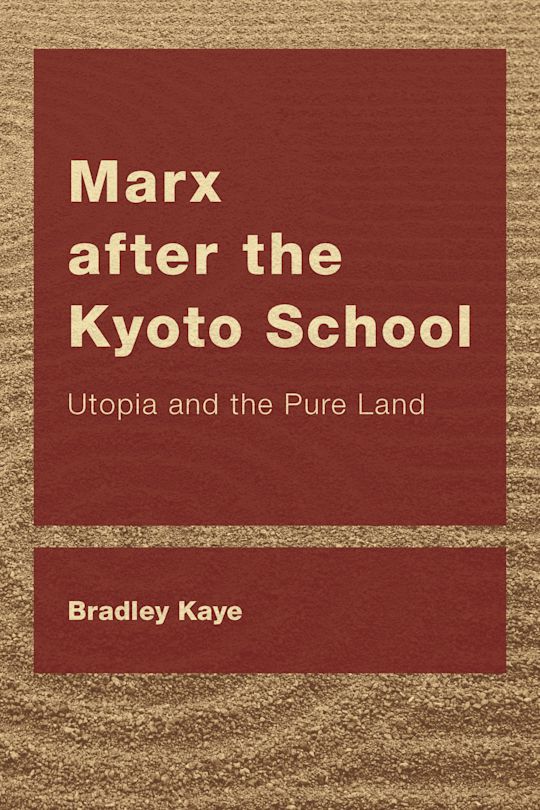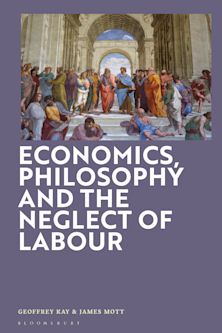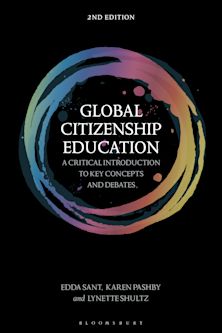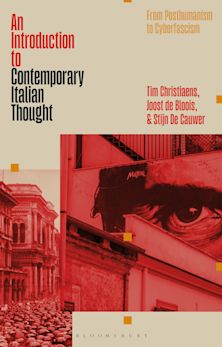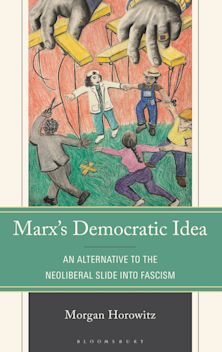- Home
- ACADEMIC
- Philosophy
- Social and Political Philosophy
- Marx after the Kyoto School
Marx after the Kyoto School
Utopia and the Pure Land
Marx after the Kyoto School
Utopia and the Pure Land
You must sign in to add this item to your wishlist. Please sign in or create an account
Description
Nishida Kitaro (1870-1945) is considered Japan’s greatest modern philosopher. As the founder of the Kyoto School, he initiated a rigorous philosophical engagement with Western philosophy, including the work of Karl Marx. Bradley Kaye explores the political aspects of Nishida’s thought, placing his work in connection with Marxism and Zen. Developing concepts of self-awareness, Basho, dialectical materialism, circulation, will, nothingness, and the state. Nishida’s thought offers an ethics of personal will that radical awakening that offers clarity in a seemingly hopeless world.
Table of Contents
Chapter 1: Buddhist Marxism: a Communist Hermeneutics
Chapter 2: Samsara, Pervasion, and Conditioned Co-Production
Chapter 3: What is Communism? Mu!
Chapter 4: Kokka Minzoku (State Nation) and Minzoku Kokka (Nation State)
Chapter 5: Nishida Kitaro and the Later Marx: Ground Rent, Utopia and the Pure Land
Bibliography
Index
Product details
| Published | Feb 03 2022 |
|---|---|
| Format | Ebook (PDF) |
| Edition | 1st |
| Extent | 1 |
| ISBN | 9798881856748 |
| Imprint | Rowman & Littlefield |
| Illustrations | 2 b/w illustrations; 2 b/w photos; |
| Series | CEACOP East Asian Comparative Ethics, Politics and Philosophy of Law |
| Publisher | Bloomsbury Publishing |
About the contributors
Reviews
-
Paul Tillich once called Karl Marx one of the greatest prophets that ever lived. This still rings true today, as many contemporary philosophers remain steadfast in fulfilling the Marxist dream of ending the capitalist struggle. In Bradley Kaye’s book, Marx After the Kyoto School: Utopia and the Pure Land, such a commitment is forged from the long-standing breeding grounds of Marxism and Buddhism, except that the site of the utopian imagination is theorized more from a dual hermeneutical reading of Marx and the Kyoto School. Interestingly, this book reads a lot like, as Kaye describes it, one-part mystery novel and one-part science fiction (xii & 184), and as I would add, another part psychological thriller. It is indeed an exciting and worthy project, and much like a psychological thriller, the reader is always on the edge of their seat, not knowing what will happen next or where the story will take us. We leaf through the text page by page, with our minds embarking on this wild journey of what Kaye describes as a hypothetical “round table” discussion between Karl Marx and Nishida Kitaro (vii)... This is truly the first time we have seen such a feat at this scale, and that alone deserves considerable merit. My only hope is that this won’t be the last.
Comparative and Continental Philosophy

ONLINE RESOURCES
Bloomsbury Collections
This book is available on Bloomsbury Collections where your library has access.









